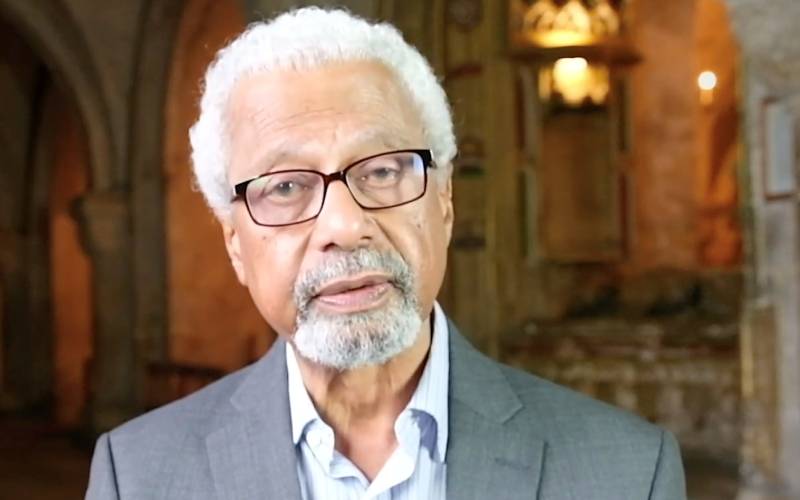×
The Standard e-Paper
Stay Informed, Even Offline

Tanzanian-born novelist Abdulrazak Gurnah. [Reuters]
For some time now, East Africans have been hoping, almost piously, that the Nobel Prize in Literature would "come home!" Nowhere else, though, has this hunch been more pronounced than in Kenya, the home country of world-renowned literary giant Ngugi wa Thiong'o.